Overfishing by Scandinavian boats in UK waters is threatening the puffin bird, according to wildlife conservation groups.
The Royal Society for the Protection of Birds (RSPB) has renewed calls for “urgent action” to curb the fishing practices of boats from countries such as Denmark and Norway.
Under EU quota arrangements that have continued through Brexit, fishing boats from abroad have an almost exclusive access to sand eel fishing off the UK coast.
The sand eel is the primary foodstuff of the puffin and other seabirds but its supplies have already been affected by climate change.
Conservationists say that warmer seas have led to a reduction in numbers near the coastline and they have warned that systematic overfishing is further depriving species, like puffins, already threatened with extinction.
Alex Kinninmonth, Head of Marine Policy at RSPB in Scotland, told Sky News: “Hundreds of thousands of tonnes of sand eels are taken out of the North Sea annually and that’s having an impact on seabirds and other wildlife.”
“For many years, there’s been a huge industrial fishery in the North Sea, mainly for boats from Denmark and a few from Sweden and other EU nations.”
“It’s an industrial fishery, not for human consumption. It’s broken down into fishmeal and fish oil that goes into all sorts of industrial processes like agricultural feed and fertiliser.”
“There is a big problem with it because it’s in conflict with wildlife conservation. There are far too many fish being taken out of the sea and not enough being left behind to sustain thriving seabird populations.
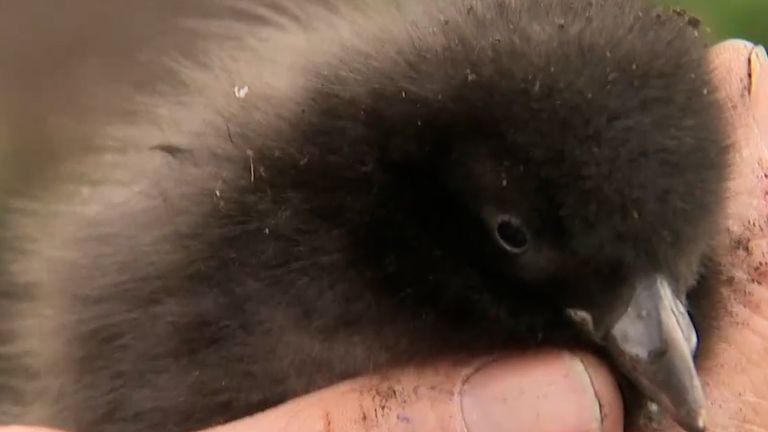
“One of the options available to ministers across the UK is to manage our fisheries in our own water after Brexit, so we could close UK waters to sand eel fishing.
“That would have the biggest gains for the most amount UK waters, that would be our preferred option but we don’t underestimate the political challenge to that – there are all sorts of political arrangements around access to waters.
“What governments could do is work with partners across the North Sea to improve the scientific evidence, to make sure there’s a ‘set aside’ for seabirds when setting the annual catch limits for sand eel fishing in the North Sea.”
Mr Kinninmonth added: “We’re currently in a nature, climate emergency so it’s really not acceptable for governments to allow industrial fisheries to operate in a way that’s having an impact on our wildlife. We’re running out of time to save seabirds and a host of other wildlife that’s in critical decline.”
There are areas of UK waters that are closed to sand eel fishing but conservationists want that extended to a complete ban.
The Scottish government has said it will look into the issue as a matter of urgency.
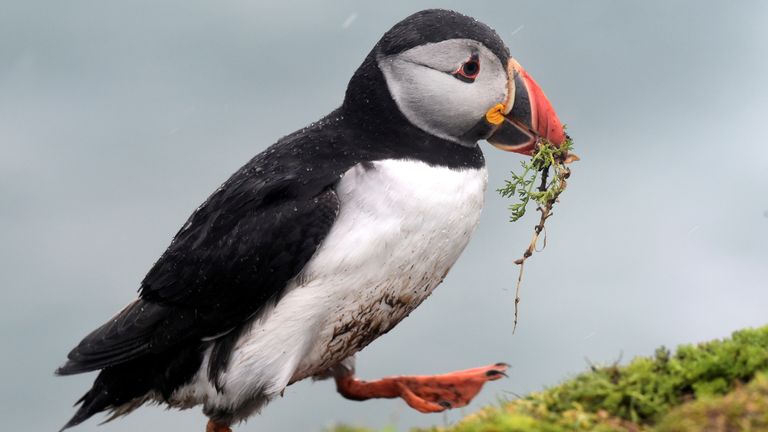
Rural affairs secretary Mairi Gougeon told the Scottish Parliament on 9 June: “I completely understand the concern regarding sand eels because it is about the wider ecosystem and the impact that has on species whose numbers are depleting. We will be looking at this as a matter of urgency to see what measures we can potentially put in place.”
A spokesperson for the UK Government’s Department for Environment, Food and Rural Affairs told Sky News: “Sand eels play a vital role in the marine food chain, and we are committed to working closely with our partners including the EU, Norway and the Faroe Islands to manage shared stocks in a sustainable way.”
This article by James Matthews was first published by Sky News on 26 June 2021. Lead Image: Puffins are under threat due to European overfishing in UK waters.
What you can do
Support ‘Fighting for Wildlife’ by donating as little as $1 – It only takes a minute. Thank you.
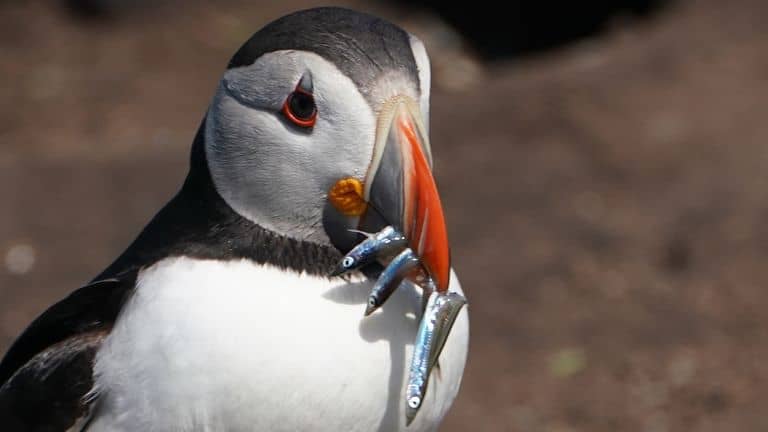
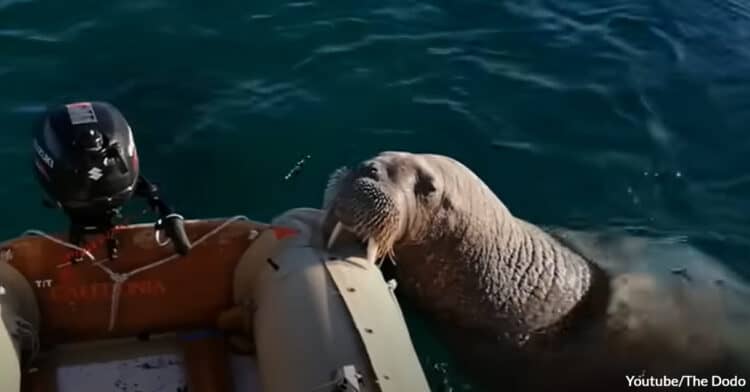

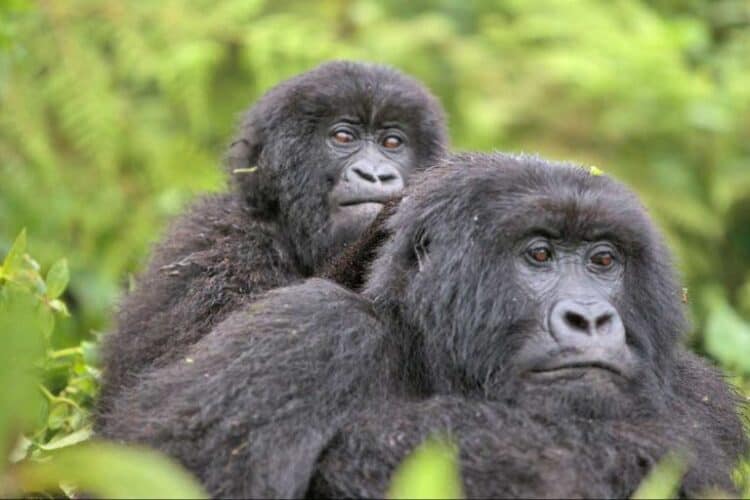
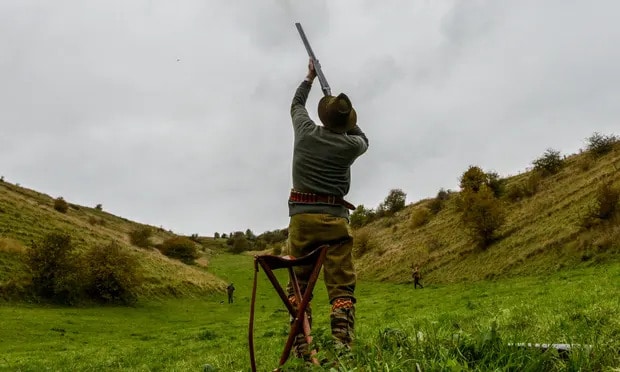
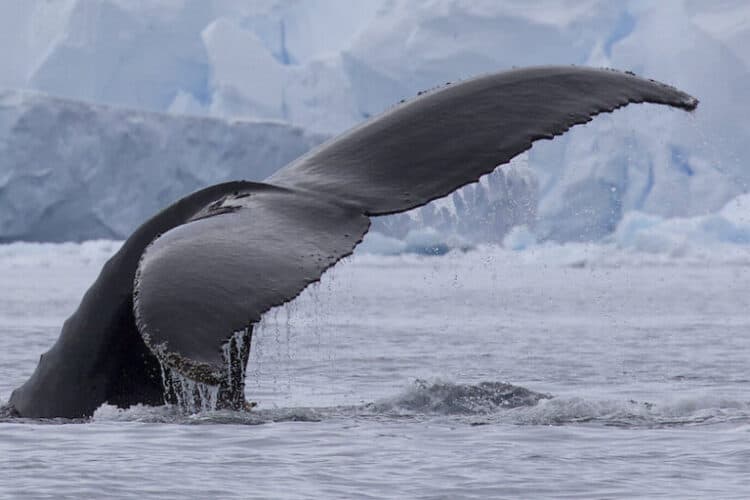

Leave a Reply